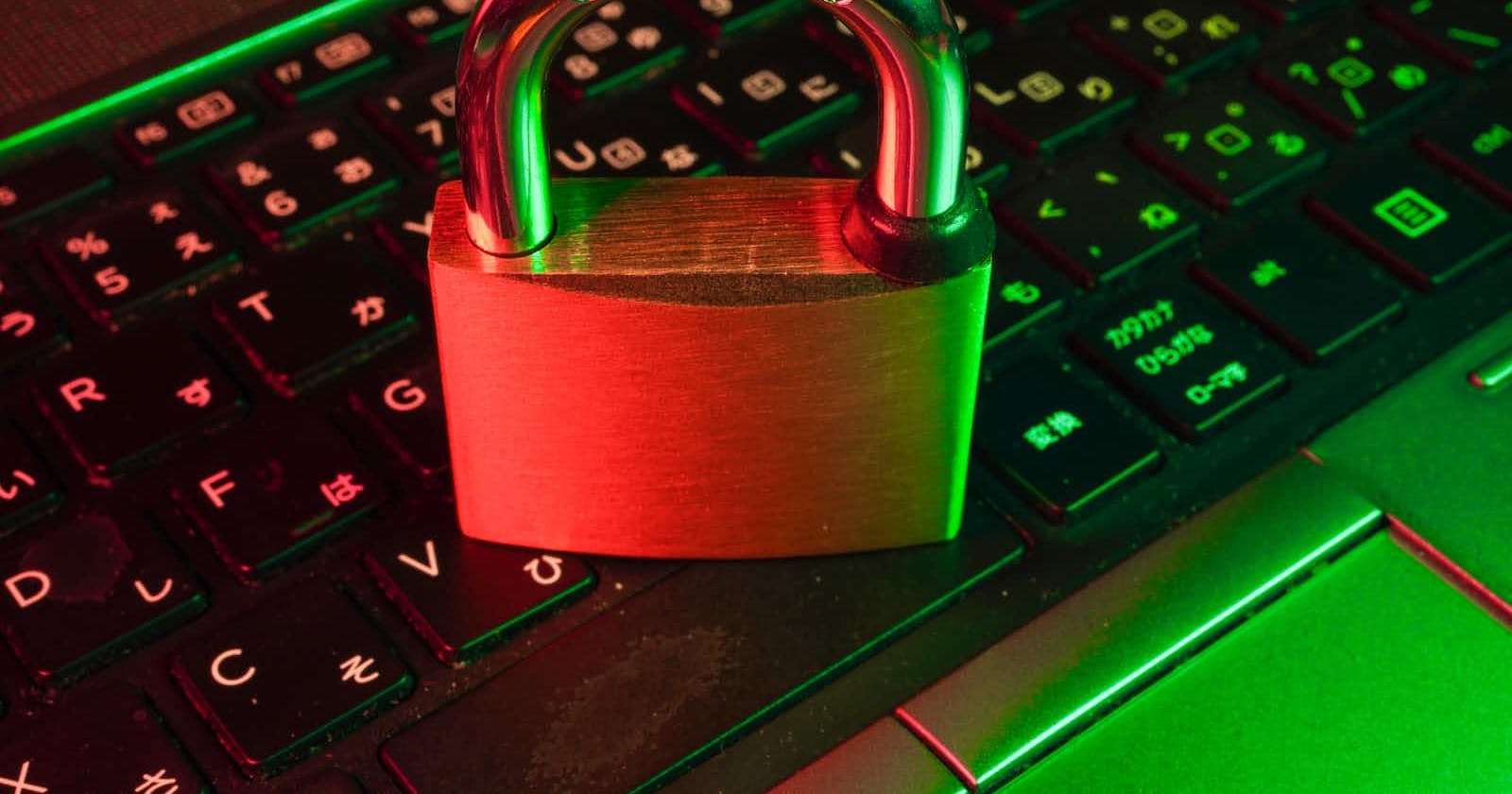Internet Safety is the act of sticking to a practical standards, contemporary technology and the act of safeguarding of one's digital gadgets and protection of one's self from malicious part of the online world. In other words Internet Safety are those steps one must take in order to safeguard and protect one's internet gadgets which include emails, account details, passwords from internet scammers from getting hold of it.
Steps taken to make Safe Choice
Verification of a stranger's identify: Before accepting anyone's request on the internet, one must make sure a proper research and verification is to be carried before accepting such request. Because internet scammers tend to come in disguise of someone familiar to us in order to access to our files and documents, but in order to prevent such from happening one must put in check the verification step.
Identification of Online Scam: Identification of online scam is one of the important steps taken in order to protect one's self from scammers, most online scams can come in form of messages we get in our social media account(Whatsapp, LinkedIn, Twitter, Facebook, Discord) in disguise of Job applications, student scholarships, giveaways which upon clicking on links will leading into the scammer's net, so to avoid this from happening one must avoid such message and be careful to stay clear of such messages.
Verification of Links: Before clicking on any link on the internet one must make sure the link is safe and secure, so in order to keep the link in check one must check the HTTP and HTTPS the S indicates that websites makes uses of secure socket layers, which is the an essential layer of security that serves as a strong protection of their information as it travels from computer to the website servers. Avoid clicking links without checking properly if there are safe and secure.
Using Ad blocks: The use of ad blocks tends to help out when using the internet which can be very frustrating but the ad blockers are there to make sure that doesn't happen.
The use of Virtual Personal Network(VPN): VPN is simply a personal network which establish a secure connection between the one's devices and a proxy location. A proxy server(location) is a system or router that provides a gateway between users and the internet. It helps to prevent cyber attackers, scammers from entering one's private network.
Protection of Privacy.
Avoid giving away or giving out your information such as your passwords, discord information, facebook login details etc.
Do not download files or application from strange users, websites you don't know.
Email Safe Practices -Make sure of creating a strong password while working on your system to avoid been hacked by internet scammers/hackers, a strong password must not necessarily be complex to avoid been forgotten by the users. -Make sure to use multi factor authorization to protect your email, the multi factor authorization helps to protect your email from been hacked. Take for an instance your email makes use of multi factor authorization when there is a threat to it, goes into self defense mode and locks the hacker/scammer out sends out an emergency message to the user requiring an authorization maybe in form of a code or password which is only know to the user which sent to the recovery email. -Be Sure to take phishing seriously -Avoid public wifi -Beware of email attachments, some scam emails can come in form with attachments which can be tempting to click on and if clicked on your emails can be hacked.
Malware It is short form for Malicious Software which is designed to steal data, damage and destroy computer systems that come in form of ads, links, files, images, audios and videos. Examples of malware includes worms, viruses, spyware, trojan viruses, ransom ware and adware.
Prevention of Malware:
- Make use of serious antivirus software only and be sure there are verified.
- Make use of pop-up blocker with your browser.
- Get an anti-malware app.
- Changing of email passwords regularly.
- Keep PC updated.
- Scanning of User PC regularly.
- Make use of Multiple Security Layers.
- Do not share your passwords with anyone, don't be tricked into giving out your passwords.
Phishing Phishing is simply a type of social engineering attack which used to steal user data which include login details, bank account details, files, secret documents(videos and pictures). Phishing happens when a hacker/scammer disguises as a company, organization or government representatives asking the victims to click on a particular emails or link which will lead to the scamming of the victims.
Various phishing techniques:
- Phone call from a popular recognized firm, company, organization or government pretending to be a someone and requiring login details or bank details for won money to be paid into the account.
- Changing of sender address of an email to make it appear like a trust worthy source asking for sensitive information(bank details or login details).
- Seeking of personal information by embedding a link in emails been sent to the victims to lead you to an insecure websites.
- Installing of trojan through a malicious email attachment that enables the hackers/scammers get access of security gaps and collect critical data.
Reference youtu.be/MVQhdi_C4cc - Ihuoma Favour & Favour Max Oti


